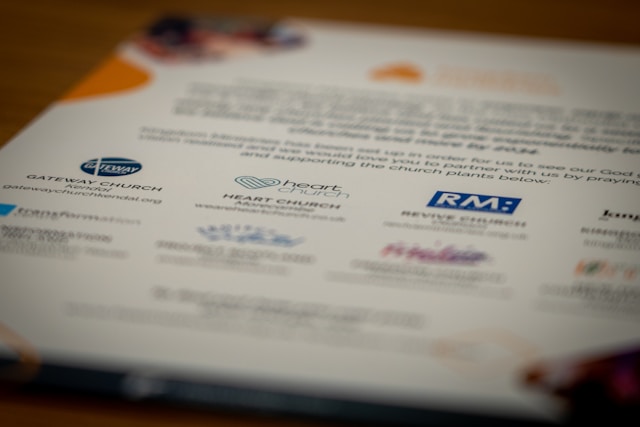Starting a business is exciting, but it also comes with responsibilities. One of the first steps every entrepreneur must understand is the need for a business license. Whether you’re opening a restaurant, launching an online shop, or starting a consulting firm, having the proper license ensures your business is legal and compliant. Without it, you may face fines, penalties, or even closure. This guide will explain what a business license is, the different types available, and how to obtain one so you can run your company with confidence.
What Is a Business License?
A business license is an official permit issued by a government authority that allows you to operate your business legally within a specific jurisdiction. It proves that your business complies with local, state, or federal regulations. While registering your business makes it a legal entity, a license gives you permission to conduct specific activities, such as selling food, offering professional services, or operating in a physical location.
Why Business Licenses Matter
Obtaining the correct license is more than just paperwork. It ensures you are meeting all business license requirements and operating within the law. A license also builds trust with customers, lenders, and partners by showing that your company is legitimate and professional. On the other hand, failing to get the right license can result in hefty fines, legal action, and potential closure of your business. Simply put, a business license protects both you and your customers.
Types of Business Licenses
Not all businesses need the same license. The type you’ll need depends on your industry, location, and the services you offer. Common types of business licenses include:
-
General Business License – Most businesses need this license to operate legally within their city or county.
-
Professional Licenses – Certain professions, such as lawyers, doctors, contractors, and accountants, require specialized licenses.
-
Industry-Specific Permits – Food service, liquor sales, childcare, transportation, and construction often require additional permits.
-
Federal Licenses – Businesses that deal with broadcasting, investment advising, or selling alcohol, firearms, and aviation services may need federal approval.
-
State and Local Licenses – Many states and cities have their own unique business license requirements depending on where you operate.
Business License Requirements
While every region has its own rules, most applications for a business license require basic information about your company. This may include your business name, address, type of ownership (sole proprietorship, partnership, or LLC), tax identification number, and description of services. Requirements can also vary depending on your location, so it’s important to check with your local city hall, county clerk, or state licensing office.
How to Get a Business License
The process of getting a business license might sound complicated, but it usually follows a straightforward path:
-
Research Requirements – Identify whether you need a federal, state, or local license.
-
Gather Documents – Prepare your business plan, tax ID, zoning permits, or any professional certifications.
-
Apply with the Right Office – Submit your application through your city, county, or state licensing department.
-
Pay the Fees – The cost of a business license varies by location and type.
-
Wait for Approval – Some licenses are issued quickly, while others may take several weeks for review and approval.
Once you receive your license, you may need to renew it annually or biannually to remain compliant.
Cost of a Business License
The cost of a business license depends on several factors, including your state, city, and type of business. On average, a small business license may cost anywhere from $50 to $500. More specialized industries, such as food service or alcohol sales, often require higher fees. Additionally, some states charge based on business revenue or employee count. It’s important to budget for these costs when planning your startup expenses.
Frequently Asked Questions
Do freelancers need a business license?
Yes, in many cases freelancers and home-based businesses still need a local license, especially if they provide professional services or operate under a business name.
How long does it take to get a license?
Depending on your location and industry, it could take a few days to several weeks. Some cities even allow same-day approval for general business licenses.
Can I operate without a business license?
Operating without a license is risky. You may face fines, tax penalties, or even forced closure. Having the proper business permits ensures long-term security for your business.
Conclusion
Every entrepreneur should understand the importance of a business license. It’s more than just a legal requirement it establishes credibility, protects your business, and ensures compliance with regulations. Whether you’re starting a small local shop, offering freelance services, or running a larger company, taking the time to get the right license is a crucial step toward success. By researching your business license requirements and completing the application process, you’ll position your business to grow legally, safely, and sustainably.

